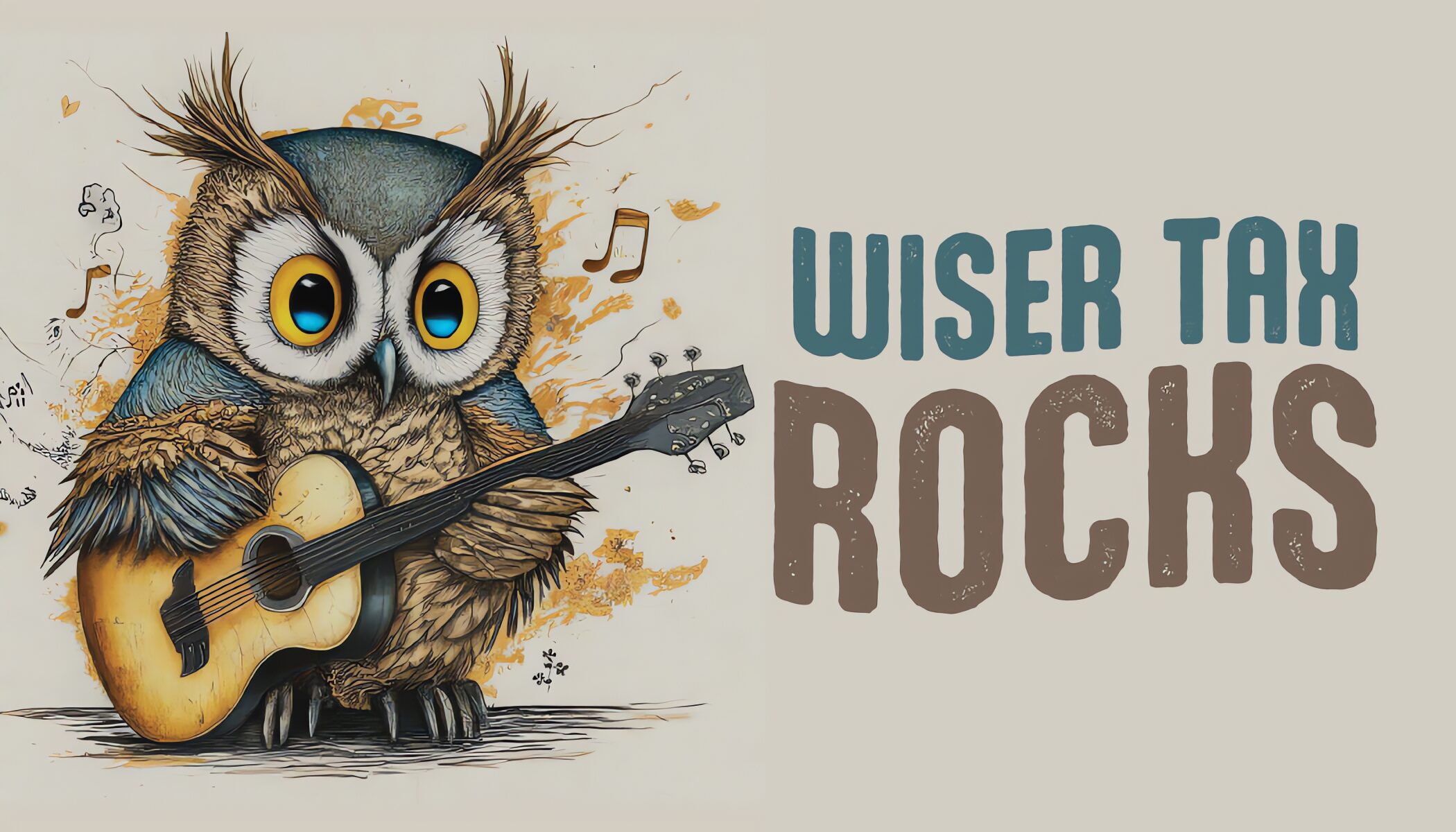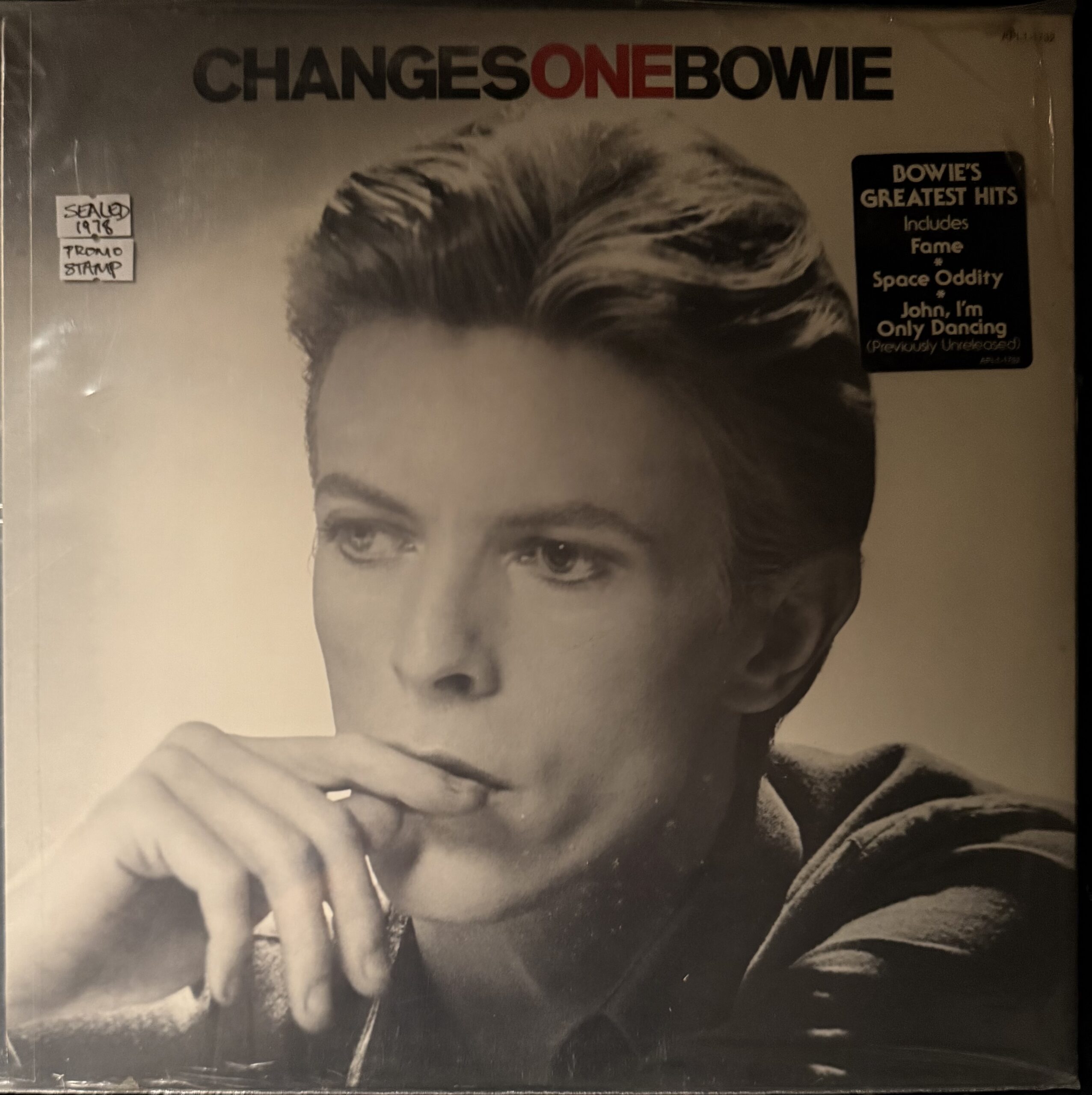When you think of David Bowie, it’s likely his iconic music, bold fashion choices, and revolutionary artistry that come to mind. But in 1997, Bowie made waves in the financial world with a move that would forever change how artists view their royalties: he sold a portion of his music catalog in a deal that became known as the Bowie Bonds. This wasn’t just a bold financial maneuver for the King of Rock ‘n’ Roll—it was a game-changer for musicians everywhere.
Bowie’s decision to sell his music royalties wasn’t about tax savings, as many believe. Instead, it was a calculated strategy to secure immediate capital, shift risk, and take control of his financial future. So, what exactly were Bowie Bonds, and why did this sale create such a lasting impact in both the music and financial industries?
Let’s break down the story behind Bowie Bonds, why it worked, and the lessons it holds for musicians, entrepreneurs, and creators today.
What Exactly Were Bowie Bonds?
In 1997, David Bowie took a bold step by selling a portion of his music royalties through an innovative financial product called Bowie Bonds. Essentially, he sold a part of his music catalog’s future royalties for a lump sum of $55 million. In return, investors received a fixed income stream from the royalties generated by Bowie’s music catalog, which included hits like “Space Oddity,” “Changes,” and “Heroes.”
At the heart of this deal was a securitization of royalties—a financial structure that had previously been reserved for things like mortgages or car loans, not music royalties. This was the first time an artist had packaged their music royalties as a tradable financial instrument. The investors were essentially buying a portion of Bowie’s future earnings, which gave him the freedom to use the lump sum for personal ventures, investment, and career development.
Why Did Bowie Sell His Royalties?
David Bowie wasn’t struggling financially—quite the opposite. By the time of the Bowie Bonds deal, he was already a cultural icon with a massive catalog of songs. So, why would he sell off a portion of his royalties?
Here are a few key reasons why Bowie chose to make the deal:
1. Immediate Capital for New Ventures
The most straightforward reason for Bowie’s decision was the opportunity to unlock immediate cash. By selling off the future income from his music royalties, Bowie received a lump sum of $55 million upfront. This allowed him to have liquidity for new projects, investments, or even personal pursuits. Rather than waiting decades to collect royalties, he was able to use this capital to invest in business ventures or pursue creative endeavors.
2. Reduced Financial Risk
Despite his fame, Bowie wasn’t immune to financial uncertainty. Music royalties are notoriously volatile—they can fluctuate due to changes in the music industry, shifts in consumer behavior, or the evolving popularity of an artist’s work. By selling part of his royalties, Bowie reduced the uncertainty surrounding his income stream. He was no longer dependent solely on future royalties to sustain his wealth.
3. Long-Term Strategic Planning
Bowie was an innovative thinker, always ahead of the curve. Selling his royalties was a way to take control of his financial future. While most artists rely on royalties to fund their careers, Bowie understood the value of diversifying his wealth, taking calculated risks, and having more control over his financial assets. The Bowie Bonds deal helped him achieve a level of financial security that many artists could only dream of.
4. Legacy Protection
Selling royalties also served as part of Bowie’s estate planning. By monetizing his catalog, Bowie reduced future taxes on his estate and passed along a more secure financial structure for his heirs. Without the burden of future royalty income to manage, his estate could benefit from a more straightforward transfer of assets.
How Did It Work?
The Bowie Bonds were essentially bonds backed by future royalty income. Investors bought these bonds, which were secured by the rights to Bowie’s music catalog. Bowie, in turn, received $55 million upfront, which he could use however he chose.
These bonds paid investors a fixed return (about 7.9% annually) over a period of 10 years. After that period, the bonds would expire, and investors would no longer receive income from the royalties. But during that time, the bonds generated steady income for investors—making it an attractive investment, given the strength and lasting appeal of Bowie’s music catalog.
The Financial and Cultural Impact
The Bowie Bonds deal wasn’t just groundbreaking for the artist himself; it changed the way the financial world viewed intellectual property. For the first time, music royalties were treated like securities—a financial asset that could be bought, sold, and traded. This opened up new opportunities for artists to capitalize on their creative work in ways they hadn’t before.
For musicians, it showed that royalties—the income generated from songs—could be leveraged for immediate capitaland used as collateral for business ventures. For investors, it demonstrated that music catalogs could offer steady income streams, particularly from an artist as iconic as Bowie. As a result, the idea of selling intellectual property as part of a financial strategy gained more legitimacy in the years that followed.
The Risks and Rewards: Was It a Good Idea?
For all its innovation, the Bowie Bonds deal wasn’t without its risks. For one, Bowie was essentially cashing in on future earnings from his royalties. Had his catalog’s popularity dipped or if his music was no longer widely listened to, the value of the bonds could have fallen, affecting both him and his investors.
However, Bowie Bonds worked because of the enduring nature of Bowie’s music. His catalog remained highly valuable and in demand, generating a steady stream of royalties that paid off both for him and his investors. For an artist like Bowie, it was a strategic move that provided immediate liquidity without sacrificing future income—something many artists have tried to replicate in various ways.
What Can Modern Artists Learn from the Bowie Bonds Deal?
While selling royalties isn’t a strategy that works for everyone, there are important takeaways for today’s artists and entrepreneurs:
1. Explore Alternative Ways to Monetize Your Work
If you have an extensive catalog of creative work (whether it’s music, art, or writing), there may be opportunities to monetize your intellectual property in unique ways. Bowie’s sale of his royalties opened the door for artists to think outside the box when it comes to generating income.
2. Diversify Your Income Streams
Having multiple income streams is key to long-term financial stability. Whether through royalties, investments, merchandise, or other business ventures, diversifying helps artists and entrepreneurs reduce their financial risk. Just as Bowie used the lump sum from the sale of his royalties to pursue other ventures, modern artists should consider investing in other areas beyond their core creative work.
3. Plan for the Future (and the Long-Term)
Bowie’s move wasn’t just about short-term capital; it was about long-term security. By selling his royalties, he ensured that his financial legacy would be protected and that his wealth would continue to work for him. For today’s artists, this means planning ahead—not just for immediate needs, but for legacy and estate planning as well.
Conclusion: A Bold Move with Lasting Impact
David Bowie’s decision to sell his royalties through the Bowie Bonds deal was a landmark moment in both the music and financial worlds. While it raised questions about the risks of selling intellectual property, it ultimately proved that creativity and finance could intersect in powerful ways. Bowie’s innovative financial thinking helped redefine how artists view their intellectual property—and continues to inspire musicians and entrepreneurs to think strategically about their work.
So, what do you think? Would you ever consider selling your royalties for an upfront lump sum? Let us know in the comments below!
Bonus: Giveaway Alert!
To celebrate David Bowie’s legacy, we’re giving away a ChangesOneBowie Vinyl to one lucky fan! 🎉
To enter visit our Matones Music page

